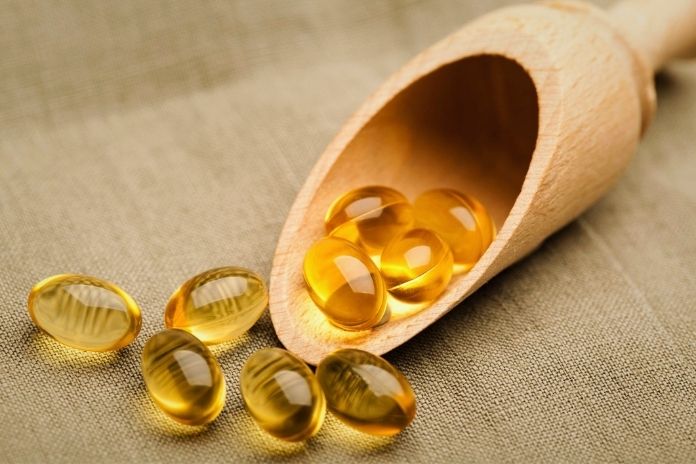It is well known that vitamins are organic chemical compounds essential for human health. However, the truth is that people have little knowledge about nutrients. After all, do you know what vitamin E is for?
Vitamin E can bring numerous benefits to your health and even improve your skin and hair. Want to know more about this compound and how to add it to your daily life? Keep reading this text; we will tell you everything!
What Is Vitamin E?
Scientifically known as tocopherol, vitamin E is a fat-soluble nutrient, playing a pivotal role in protecting the body against the effects of reactive oxygen species.
As the human body does not synthesize vitamin E, it is necessary to ingest the nutrient through food or supplementation. Luckily, there are several foods with vitamin E, which we will see later.
How Is It Used For?
You may already know that vitamin E is essential for the human body, but what is vitamin E for? How does it act in the body, and how does it help protect our body?
The primary function of the compound is anti-oxidation, which helps protect the body from the effects of free radicals (responsible for damaging cells). With this antioxidant function, vitamin E protects the cell membrane.
In addition to preventing premature aging of cells, vitamin E helps in modulating atherosclerosis. In other words, the nutrient can prevent cardiovascular problems such as heart attack.
Benefits
One of the benefits of it is to protect the body through antioxidant action. However, can this component also bring other positive points? The answer is yes! They are:
Hair
In conjunction with other nutrients such as selenium, vitamin E can help repair and rebuild tissue, which helps strengthen hair and nails.
The nutrient helps in the integrity of the fibers, as it improves blood circulation in the scalp and, consequently, makes the hair grow healthier and shinier.
Skin
In addition to hair, there are benefits of vitamin E for the skin, such as reducing wrinkles and expression lines through the antioxidant effect that acts to prevent premature aging of skin cells.
Having the nutrient balance in the body can help improve healing and even some skin conditions, such as atopic dermatitis.
Improves The Immune System
In addition to having silkier, shinier hair with smoother skin, vitamin E can help you boost your immune system. The nutrient fights free radicals that impair the body’s normal response.
Other studies indicate that adequate nutrient consumption increases resistance to infections, such as the influenza virus. However, of course, remember to always wear a protective mask when leaving the house and maintain healthy habits such as exercising and maintaining a good diet.
Prevents Neurological Diseases
It has already been pointed out in research and studies that the lack of vitamin E is related to changes in the central nervous system. Therefore, the vitamin can be included in supplements to prevent or treat neurological diseases such as Parkinson’s and Alzheimer’s.
So, what good is vitamin E if not to protect our body? When we talk about Alzheimer’s, it has already been proven that it can influence the neurodegenerative processes associated with the disease.
This is a fundamental component for protecting your body, but it can also bring several benefits to your health and beauty!
Foods Rich In Vitamin E
With so many benefits that this nutrient can bring, it is also essential to know the complete list of sources of vitamin E. As it is a fat-soluble compound, it is present in oils and fats, such as:
- spinach, watercress, kale, arugula and other dark green vegetables;
- oilseeds;
- vegetable oils;
- wheat germ;
When To Take Vitamin E?
It can have numerous health benefits, but that’s not why you should ingest the nutrient in large amounts. Consumption of any food should occur in moderation.
Thus, vitamin E supplementation should only happen under medical advice. So, before buying various foods rich in nutrients, consult a health professional.
Also Read: Raw Food Diet – What Is Allowed?

